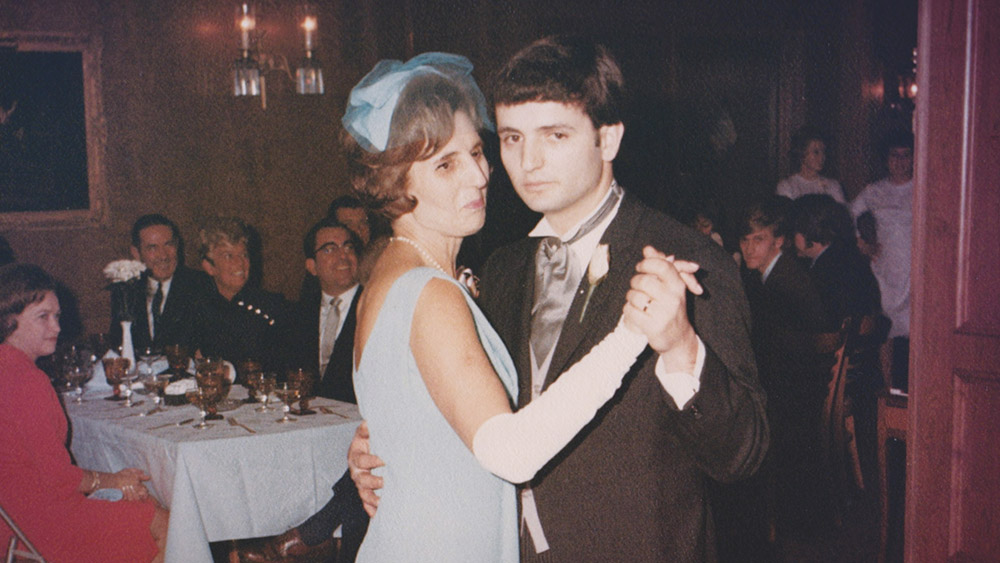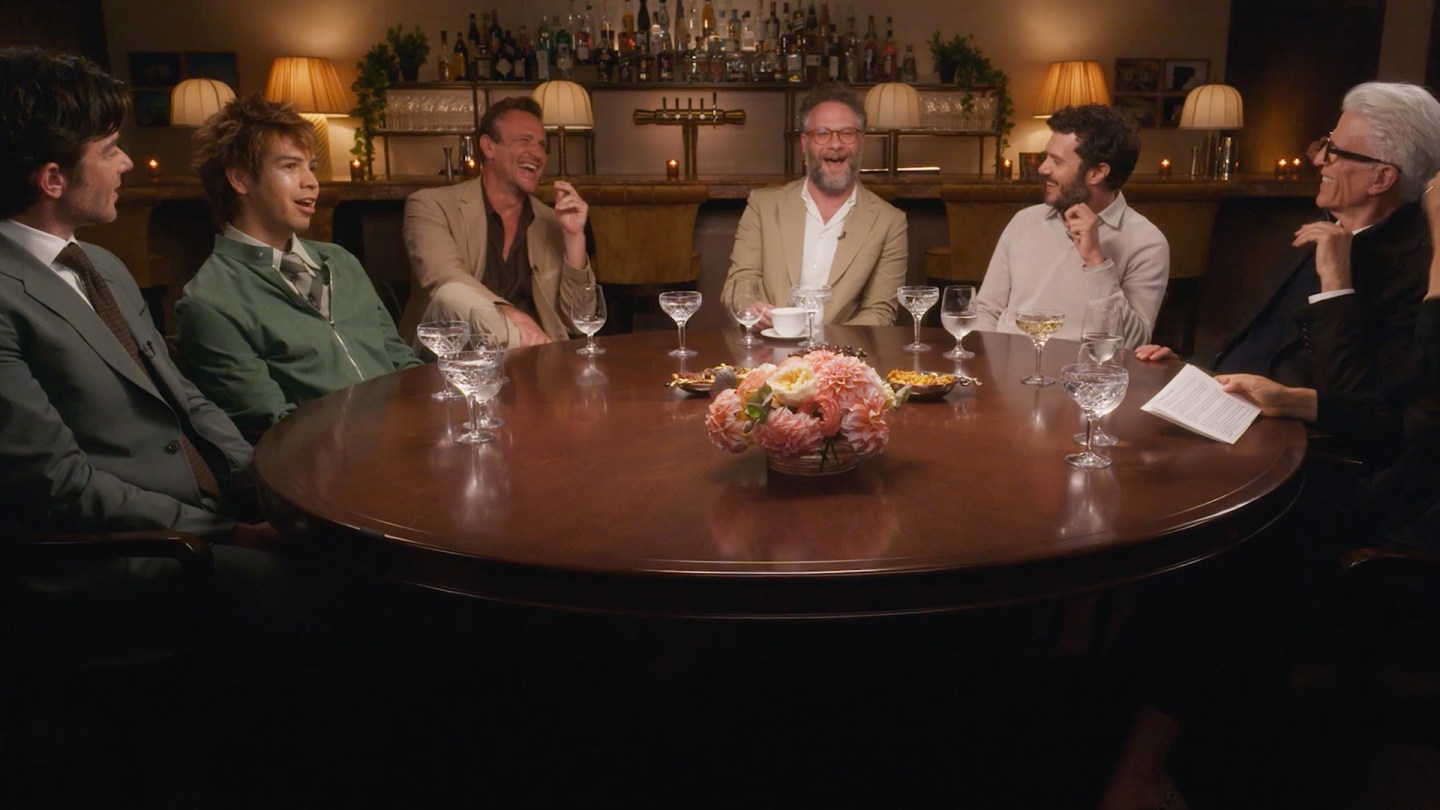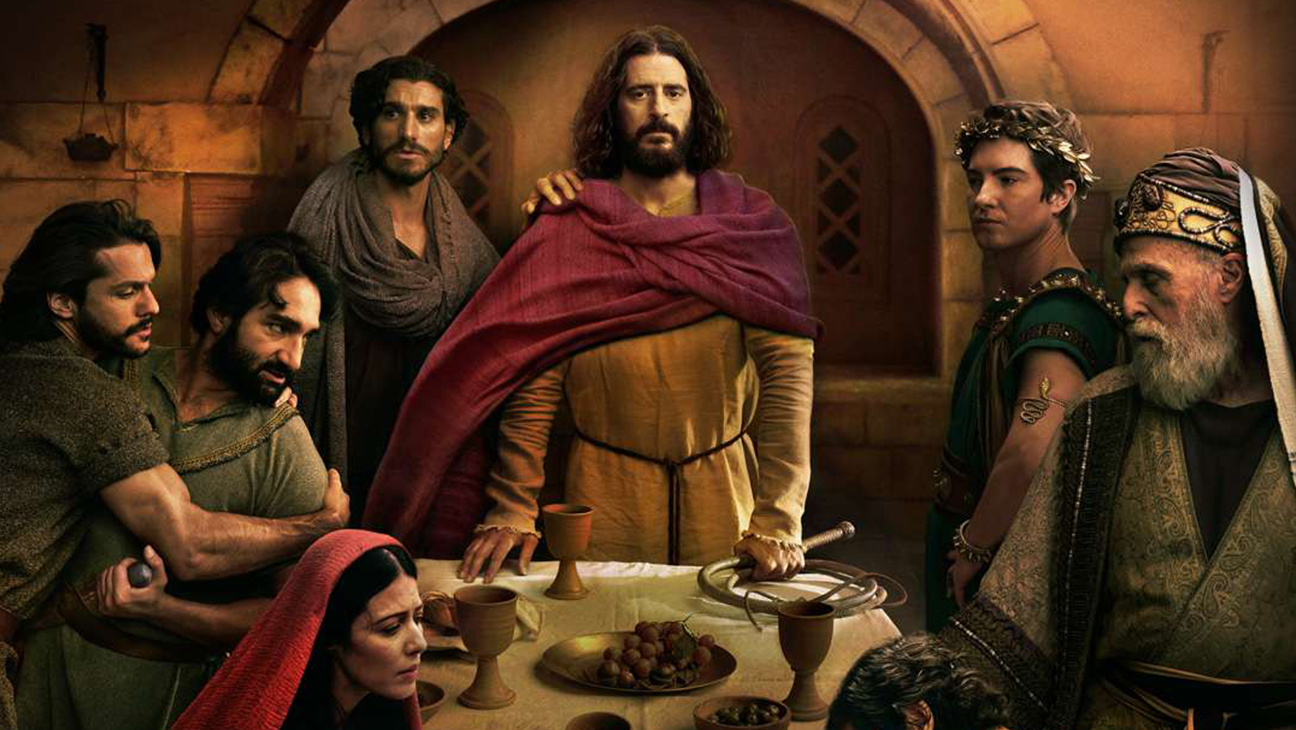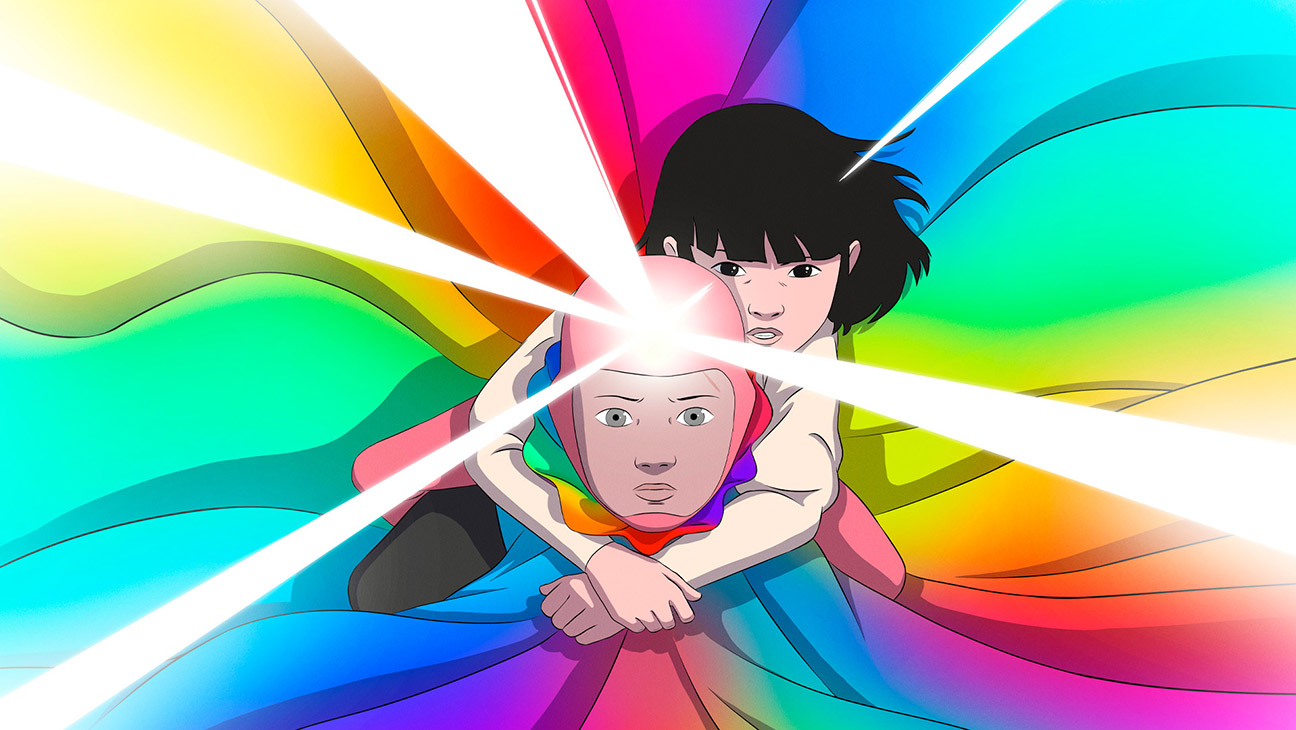
Alex Gibney is known for exposés about Enron, CIA torture tactics and the cult of Scientology. For his sanity’s sake, sometimes he needs to make a movie about Paul Simon or Frank Sinatra or The Sopranos. The latter manifested as 2024’s Wise Guy: David Chase and The Sopranos. Using HBO’s archives, creator Chase’s personal effects, interviews with the cast and writers and a replica of Dr. Melfi’s therapy office, Gibney and his team pieced together a moving tribute to the most important television show of the past 30 years.
What made you say yes?
I was asked to do it, and I wondered, “Do I want to do it?” I love The Sopranos, but I didn’t want to make a Wikipedia entry. Then I met David Chase, and I found him to be such a fascinating character. I thought, “Wouldn’t it be interesting to do a film about how and why The Sopranos got made?”
You had the opportunity to explore this trove of behind-the-scenes footage and audition tapes. Did HBO give you carte blanche with their archives?
Pretty much. It turned out that some of this stuff was difficult to find. We never did find that videotape of David doing the second screen test with Jim Gandolfini. But there was a good bit of stuff. As it turned out, there had been a French documentary crew that had come on board, and they had spent a good bit of time observing the making of The Sopranos. They shot it like a doc, and we were able to include some of that. And then over time, we persuaded David to give us some of his home movies and photographs.
Was there part of you that hesitated to include James Gandolfini’s personal strife, since he isn’t alive to speak for himself?
Other stuff had been written, and some of the stories were legend. What was interesting was to get a more intimate sense, which made it all the more important for us to dig out all the detailed interviews he had done so it felt like Jim had a voice. I met him a few times, and I knew he wasn’t Tony Soprano, so I felt that at some point that aspect of his life and his relation to the show needed to be documented.
In what context did you meet him?
He came in a couple of times to talk about some documentary projects and even one fiction project. The Sopranos experience was a real blessing and a curse for him. He felt he had other things to offer.
Some people have pinpointed something Chase says about constructing the finale: “It made me think of time and approaching death.” Did it dawn on you that he might be confirming Tony’s death?
You’re now trying to get me to say, “Well, actually it was exactly this,” and I’m not sure I’m prepared to do that. The more profound thing that David says is the idea that you go to black and the movie keeps going, but maybe we don’t keep going. It’s an exploration of eternity. That’s why I put so many interpretations at the end, and then came to the same place: With the absence of light, you have endless possibility.
Have you gotten the sense that David admires the film you made?
David likes it, and what’s interesting is that, by intent, I shot the interview with David to recall the psychiatrist’s office. When David sat down there, I think his view was that it was kind of a cute gimmick, and let’s go along with it. But I included that rapid-fire series of questions at the beginning, and it suddenly occurred to David that on most of the first morning we talked about all sorts of personal stuff, rather than about The Sopranos. He got a little testy — “I think I might leave now, because this isn’t exactly what I signed up for. I thought this was about The Sopranos. I didn’t know it was going to be about me.” But I always had in mind a slightly therapeutic element to the interview. I’m not sure David did at the beginning, but eventually he got it and he embraced it.
Is there another TV show that interests you as deeply as The Sopranos?
There’s a movie that I’m interested in exploring, and that’s Chinatown. I’m pursuing it.
Have you made contact with Roman Polanski?
Maybe the best thing for me to do at this point is to say I’m working on it.
This story first appeared in a June stand-alone issue of The Hollywood Reporter magazine. To receive the magazine, click here to subscribe.
#Alex #Gibney #Explores #Sopranos #Documentary





